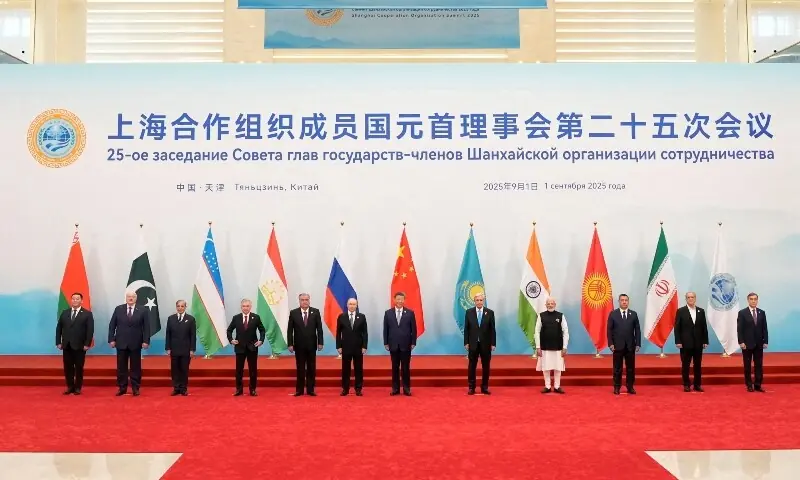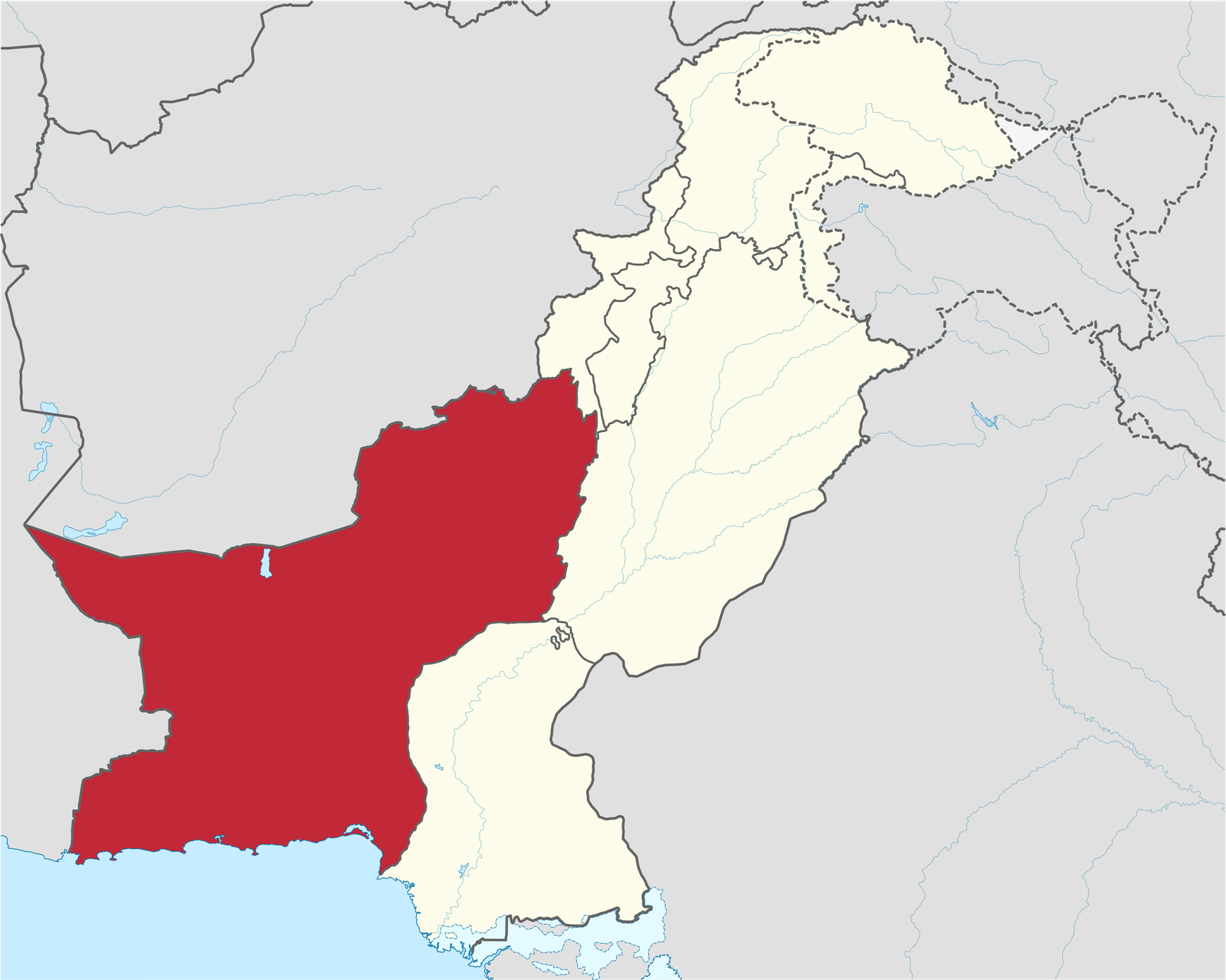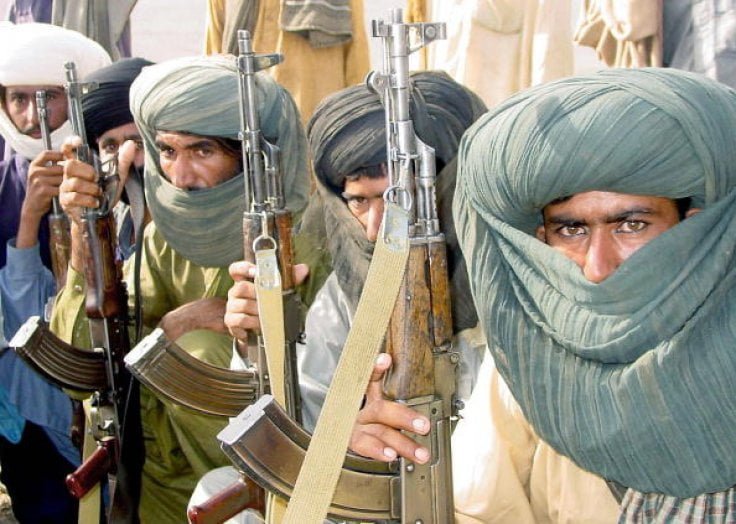Dr Bilawal Kamran
The two-day Shanghai Cooperation Organisation (SCO) summit in Tianjin, which concluded on Monday, provided an important glimpse into the changing shape of global politics. It highlighted the contours of a world that is slowly moving away from the West-led, Eurocentric order that has dominated since World War II. For decades, this order relied on Western power to determine the legitimacy of states, wars, and economic policies. Today, however, it is visibly under strain, and forums like the SCO represent an alternative pathway — one where sovereign nations engage as equals within a multilateral framework.
One of the most important dimensions of the SCO is its ability to create space for addressing bilateral disputes under a collective umbrella. The Tianjin Declaration condemned terrorist attacks on the Jaffar Express in Pakistan, the incident in Khuzdar, and the violence in Pahalgam. This collective condemnation signals that militancy in all its forms must be rejected, regardless of political or regional preferences. It strengthens the principle that terrorism cannot be selectively denounced depending on geography or political convenience.
For Pakistan, this was a validation of its long-held narrative. Islamabad had denounced the Pahalgam incident immediately, while also pointing to the role of foreign actors in fuelling instability within its borders. The summit’s acknowledgment demonstrates that attempts to isolate Pakistan in the global arena have not succeeded. Instead, Pakistan’s consistent stance against terrorism found space within a multilateral declaration, strengthening its diplomatic credibility.
The declaration also reflected broader humanitarian concerns. It called for an immediate ceasefire in Gaza, condemned the catastrophic humanitarian situation there, and criticized the ongoing US-Israel military aggression, including against Iran. This was a rare moment where multiple states collectively emphasized that justice in international affairs cannot be selective. If multilateralism is to succeed, it must rest on the principles of international law and universal justice. Selective morality, where adversaries face sanctions and war while allies escape accountability, is the hypocrisy that has eroded the legitimacy of the Western order. The genocide in Palestine remains the most glaring example of this imbalance.
It is unsurprising that Western powers — particularly the US and its NATO allies — remain deeply suspicious of groupings such as the SCO and BRICS. They fear the erosion of their entrenched dominance in global affairs. Their discomfort also stems from the visibility accorded to figures like Vladimir Putin or Iran’s President Masoud Pezeshkian in these forums. Yet, these same Western powers often extend uncritical legitimacy to leaders like Benjamin Netanyahu, despite his documented role in war crimes. The contradiction is obvious: legitimacy, in the Western order, is not about law or justice but about alignment with their strategic interests.
Of course, the SCO and BRICS are not perfect platforms. Russia and China, which currently anchor these groupings, face their own criticisms. Yet their approach is perceived as more equitable by much of the Global South. Unlike the West, which ties cooperation to conditions of political alignment, Russia and China present themselves as advocates for a system where economic and political sovereignty is respected. For many developing nations, this opens space to articulate their voices without being overshadowed by the preferences of Western capitals.
For Pakistan, forums like the SCO carry special significance. They provide a platform not only to build regional consensus against terrorism but also to strengthen ties with key powers such as China, Russia, and Central Asian republics. They also give Pakistan the opportunity to engage in collective efforts that counterbalance unilateral actions by global hegemons. Yet, Pakistan must approach this with caution. The objective cannot be to replace one global hierarchy with another. Instead, Islamabad should advocate for a genuinely fair system where economic, social, and political rights are respected universally.
Republic Policy WhatsApp Channel
Ultimately, the future need not be locked in a zero-sum confrontation between blocs. A cooperative framework that allows for development without strings attached is possible, and indeed necessary, in an interconnected world. Pakistan’s role should be to advocate for inclusivity and fairness, positioning itself as a voice for justice and balance in global governance. The Tianjin summit was not just a diplomatic gathering; it was a signal that the age of unipolar dominance is fading. What replaces it, however, will depend on whether multilateral platforms like the SCO can evolve into truly just and people-centered institutions.
















